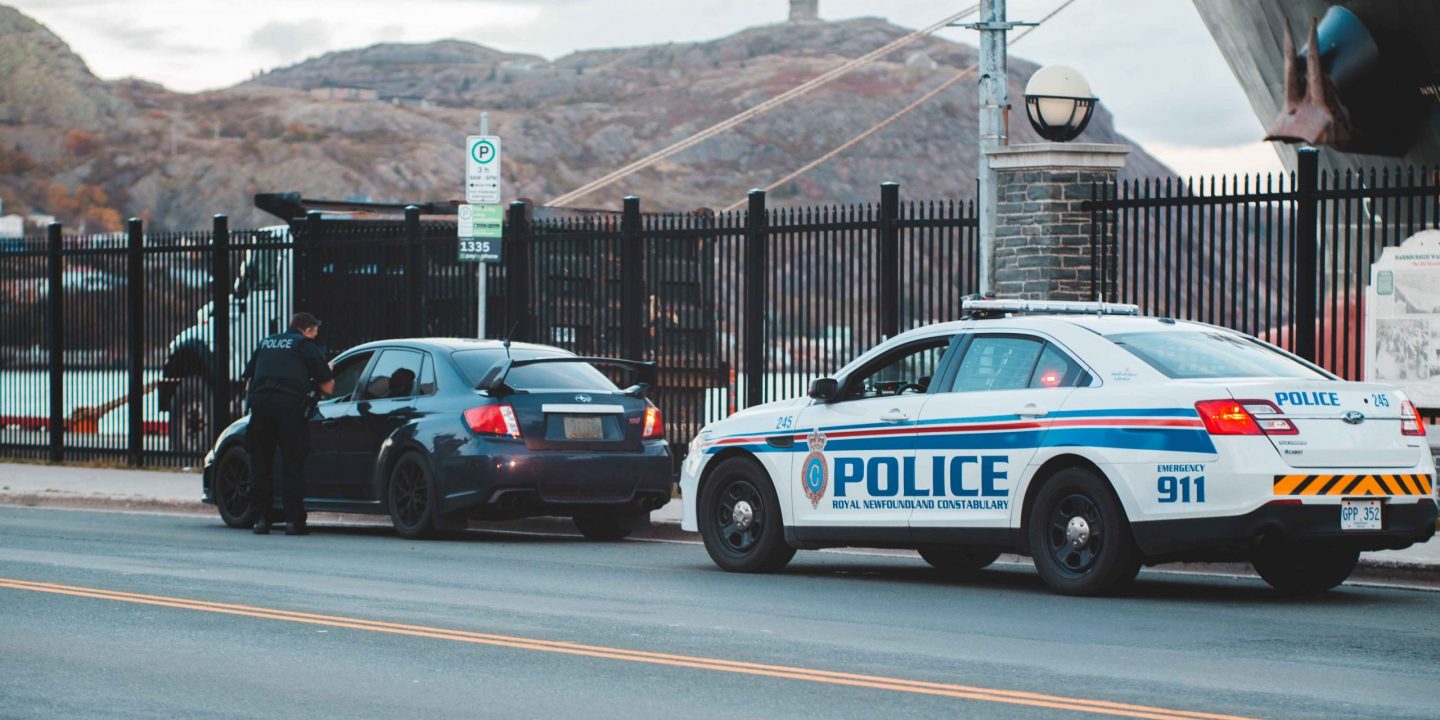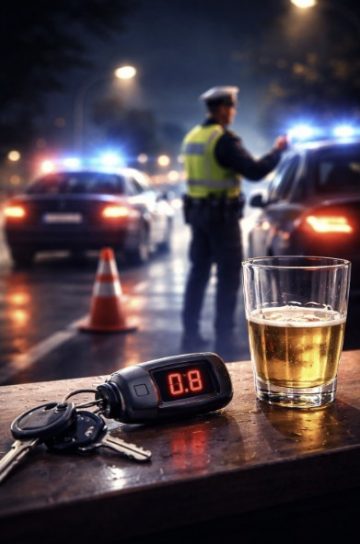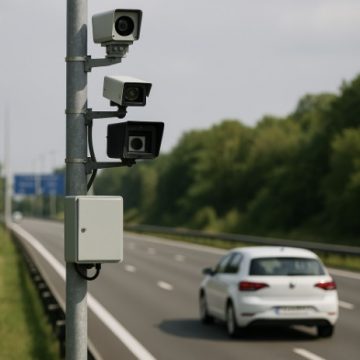Hit and run
You commit a hit-and-run when you leave the scene of a road accident without making the necessary observations…


What is a hit-and-run according to the law?
The law requires (Article 33 Road Traffic Police Act), for a hit-and-run to occur, that the person knows that he or she, his or her animal or his or her vehicle is the occasion or the cause, in a public place, of a road traffic accident. The individual then flees in order to avoid the relevant findings.
The hit-and-run is characterised by two aspects:
- Factual: you leave the scene of the traffic accident without making the necessary observations.
- Intentional: the moral element to speak in terms of criminal law. You have the intention to evade the findings useful for the determination of the truth concerning the road accident. Moreover, you know that you, your vehicle or your animal is the cause or the occasion of the accident.
Thus, if you were not aware of the accident, you could be acquitted in a police court. The traffic lawyer could, for example, make this argument with the circumstances that he will present to the police court judge. Sometimes your lawyer may even ask for witnesses to corroborate your view.

You can commit a hit-and-run, even if you are not responsible for the accident
A hit-and-run can exist even if you, your vehicle, or your pet are not responsible for the road accident. Similarly, it can be a hit-and-run if you leave and later return to the scene of the accident.
However, there will be no hit-and-run in a simple attempted hit-and-run. This is also the case if the flight can be explained by the need for medical care, health conditions, the fact that your contact details have been validly passed on to the persons involved in the road accident, etc.
It is all a question of the circumstances and the arguments that your competent traffic lawyer will present in your defence before the police court.

What are the penalties imposed by the police court in the case of a hit-and-run?
Hit-and-run offences are severely punished by the police court in Belgium, because the legislator believes that committing a hit-and-run offence demonstrates a certain state of mind acting with disregard for others: in the event of a road accident, the behaviour expected of everyone involved is to be concerned about the consequences of the accident, to assist any injured persons and to take responsibility if necessary. Fleeing the scene of the accident is therefore considered very serious and can even lead to prison sentences.
In the case of a hit-and-run, the penalties imposed by the police court can be
- a prison sentence of 15 days to 6 months
- a fine of between €1,600 and €16,000,
- the obligation to retake the theoretical and practical driving tests as well as psychological and medical tests.
If the driver has held his driving licence for less than 2 years:
- a compulsory driving disqualification.
If the accident that preceded the hit-and-run caused injury or death:
- a prison sentence of 15 days to 2 years,
- and/or a fine of € 3,200 to € 40,000,
- and/or a disqualification from driving for 3 months to 5 years, or even permanently.
In the event of a repeat hit-and-run offence, i.e. if you have already been convicted of a hit-and-run offence in Brussels, Tournai, Bruges, Mons, Liège or elsewhere in Belgium within 3 years:
- a prison sentence of 1 month to 2 years,
- a disqualification from driving,
- a possible fine of €3,200 to €40,000
In the event of a repeat hit-and-run offence and the new accident that preceded the hit-and-run caused injury or death:
- a prison sentence of 1 month to 4 years,
- and/or a fine of €6,400 to €80,000.
In case of a third or subsequent offence:
- disqualification from driving for a minimum of 9 months,
- the obligation to retake the theoretical and practical driving test as well as psychological and medical examinations.

Contact a lawyer
If you are accused of a hit-and-run, it is advisable to be accompanied by a lawyer to advise you to contest the offence or to help you make the sanctions less severe.
He or she will check the procedural elements of the case, request a stay of execution of part of the sentence, and ask for a stay of execution of the sentence, if necessary.
He will be able to obtain, if necessary, the execution of an alternative sentence to avoid the heaviness of the sanctions such as…
- a work sentence,
- a probationary period,
- educational training provided by the Vias Institute.
The lawyer who is used to the police court will then be able to raise the strong points of your case with regard to traffic law and the particularities of your case.

🚗 Drink driving: a stricter approach introduced one week ago





